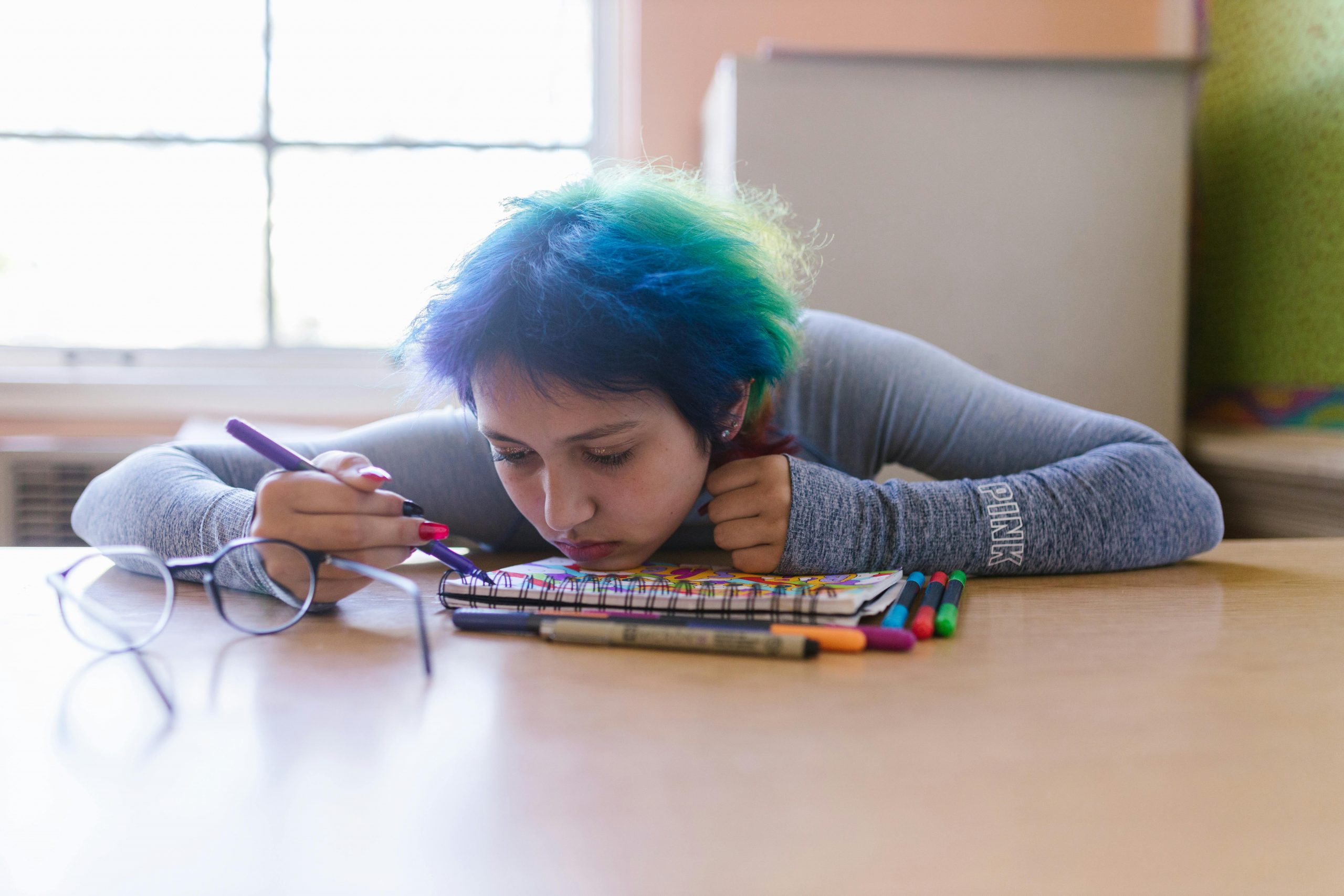“Is This Love… or Something Else?”
How to recognize healthy vs. toxic relationships as a teen
I remember my first relationship.
It started with constant texting, long FaceTime calls, and playlists full of songs we claimed described us perfectly.
At first, I felt special—chosen. It felt good to be someone’s “everything.”
But somewhere along the way, I started to feel small.
If I didn’t reply fast enough, they’d get upset.
If I hung out with friends, they’d make me feel guilty.
When I tried to set a boundary, it turned into a fight.
And slowly, I stopped feeling like myself.
I kept asking, Is this just what teen relationships are like? Am I being dramatic? Shouldn’t love feel better than this?
Turns out, love isn’t supposed to hurt like that.
And when it does, it’s okay to call it what it is: unhealthy. Maybe even toxic.
Why teen relationships impact mental health
Your first romantic experiences shape the way you view love, trust, and self-worth.
When those relationships are healthy, they can boost your confidence and make life feel more joyful. But when they’re filled with control, guilt, or emotional ups and downs, they can take a serious toll on your mental health.
It’s normal to feel confused when a relationship isn’t clearly “bad,” but doesn’t feel good anymore. That in-between space is where a lot of teens get stuck. I did too.
Some red flags I ignored
- They wanted constant access to me.
Texting all the time felt cute—until it felt like surveillance. I wasn’t allowed to unplug. - They didn’t respect my boundaries.
If I asked for space, they’d get hurt and twist it into me not caring. - I felt anxious more than happy.
I started walking on eggshells. I didn’t know how they’d react next, so I stopped being honest. - I felt isolated.
They didn’t like my friends. Slowly, I stopped making time for anyone else. - They apologized… but never changed.
The cycle repeated. I believed them every time. And I kept shrinking.
What a healthy teen relationship actually looks like
- You feel safe, not scared.
- You’re allowed to say no without being punished.
- You’re both growing, not losing yourselves.
- You support each other’s goals and independence.
- You still have your own friends, hobbies, and voice.
Love doesn’t mean losing yourself. It doesn’t mean giving someone power over your mood, your time, or your sense of worth.
What helped me heal
When I finally got out of that relationship, I felt broken—like I’d wasted so much of myself. But healing started slowly, and it looked like this:
- Talking to someone I trusted
- Journaling how I really felt (without trying to defend them)
- Reconnecting with friends who never left, even when I pulled away
- Reminding myself: love shouldn’t hurt more than it helps
If you’re in something that doesn’t feel right
You don’t need proof or a checklist to decide it’s time to walk away.
If you’re constantly feeling anxious, drained, or afraid to be yourself, it’s okay to say, “This isn’t working for me.” That’s not selfish—it’s self-respect.
You deserve love that lifts you up, not weighs you down.
Are you addicted? Are you under stress? Need to talk to someone? Text “HELLO” to 741741 or visit Crisis Text Line. Trained crisis counselors are available 24/7 to help you with your stress.


